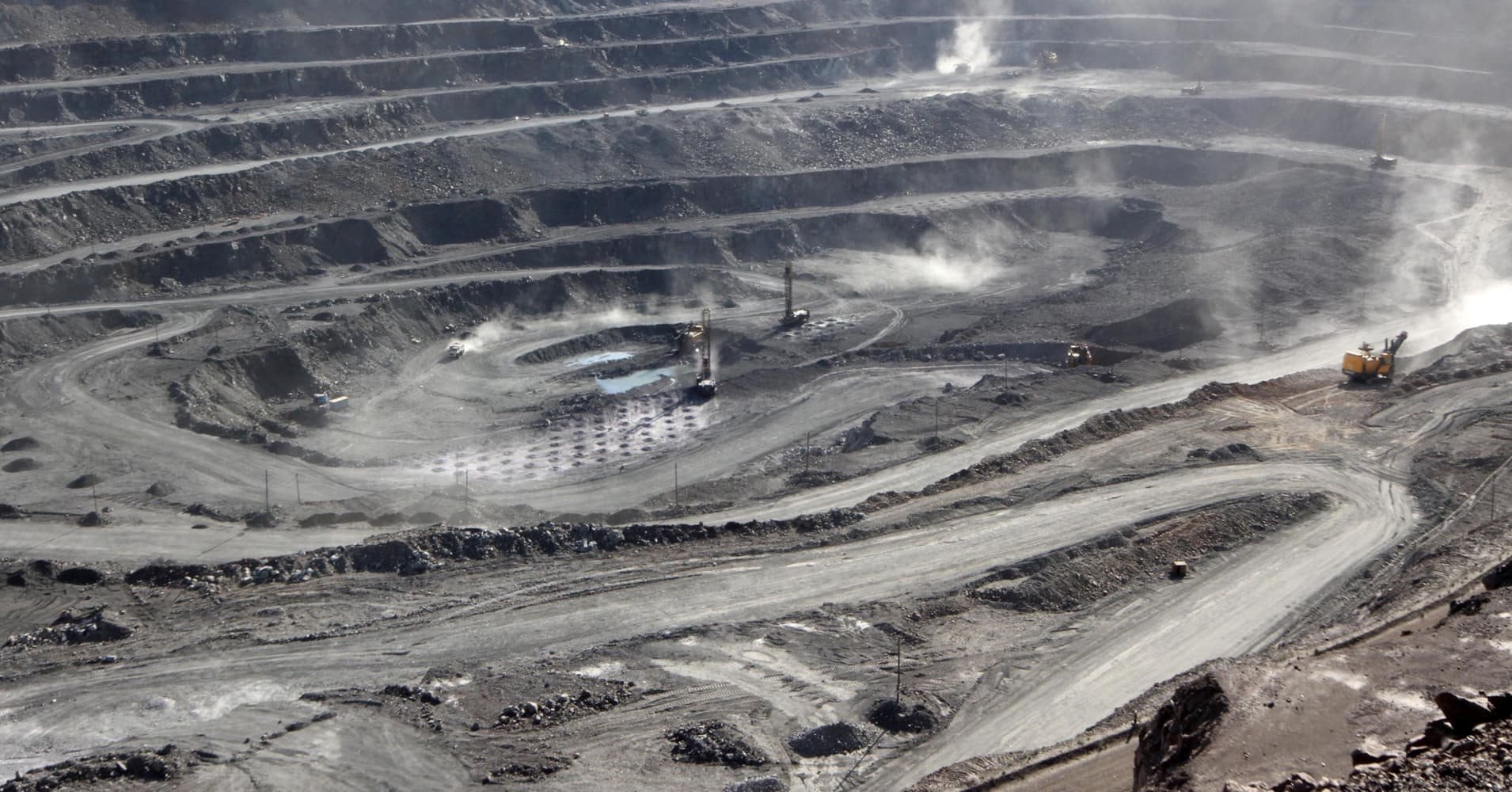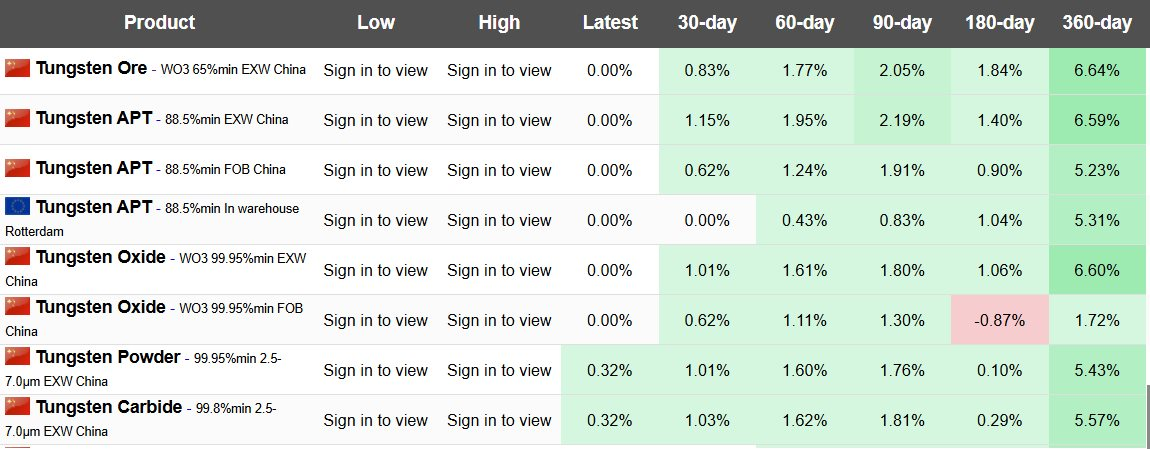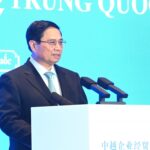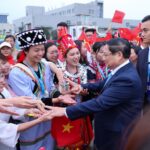
Illustration
According to Nikkei Asia, China’s Ministry of Commerce has released detailed specifications on dual-use technologies and items, which can be used for both civilian and military purposes, that will fall under the country’s export control regulations. The regulations come into force on December 1st.
This move comes shortly after former US President Donald Trump’s victory in the presidential election.
Materials such as graphite, aluminum alloys, and titanium alloys, widely used in the production of electronic products, are included in the list and will be subject to export control if their specifications meet China’s new regulations.
The new control measures also include tungsten and magnesium alloys that meet certain specifications. For instance, the official dual-use list indicates that exporters of aluminum alloys with extremely high elasticity and an outer diameter larger than 75 mm will need to obtain an export license from the Ministry of Commerce.
According to the European Union’s estimates on the global supply of critical materials, China controls over 80% of the global tungsten mining and processing, along with about 90% of the global magnesium production. Notably, Vietnam also possesses tungsten reserves estimated at about 100,000 tons, ranking third in the world, according to the US Geological Survey.
All these critical metals are not only widely used in the electronics supply chain but are also indispensable in the manufacturing of defense equipment, weapons, aerospace, and spacecraft.

Tungsten prices turn green after China’s Ministry of Commerce move (Source: Asia Metal)
The export control list also includes certain testing and production equipment, such as analog-to-digital converters capable of operating at temperatures from 125 degrees C down to negative 54 degrees C, as well as lithium isotope separation facilities and production equipment.
Taiwan Semiconductor Manufacturing Co., the world’s largest contract chip manufacturer, has recently notified some customers of a temporary halt in the production of their 7-nanometer chips for graphics and AI in China.
The Taiwanese chipmaker is tightening its monitoring to avoid violating Washington’s stringent export control measures against Chinese companies on the blacklist, such as Huawei Technologies.
Previously, China tightened its export control on critical materials such as gallium, germanium, rare earths, and antimony as a countermeasure to the US’s comprehensive export control on advanced semiconductor technology and artificial intelligence.
“Investing in Vietnam: Access to 65 of the World’s Top Markets”
On the morning of November 8th, Prime Minister Pham Minh Chinh attended a Vietnam-China business forum in Chongqing city. The forum was organized by the Ministry of Planning and Investment, the Committee for Management of State Capital at Enterprises, and the Vietnamese Embassy in China, in collaboration with the Chongqing municipal government.
Innovating and Collaborating for a Dynamic, Sustainable, and Prosperous Greater Mekong Sub-Region
On the evening of November 8, Prime Minister Pham Minh Chinh and the high-ranking delegation of Vietnam arrived in Hanoi, concluding their work trip to attend the 8th Mekong Subregion – Greater Mekong Subregion (GMS) Summit, the 10th Ayeyawady – Chao Phraya – Mekong Economic Cooperation Strategy (ACMECS) Summit, the 11th Cambodia – Laos – Myanmar – Vietnam (CLMV) Summit, and their official visit to China from November 5 to 8.
The New Electric Car Tax: China’s Challenge to the EU Market
The European Union (EU) has made a bold move by imposing a staggering 45.3% tariff increase on Chinese-made electric vehicles. This decision, effective immediately from October 30th, was announced in the EU’s official journal on the previous day.




















